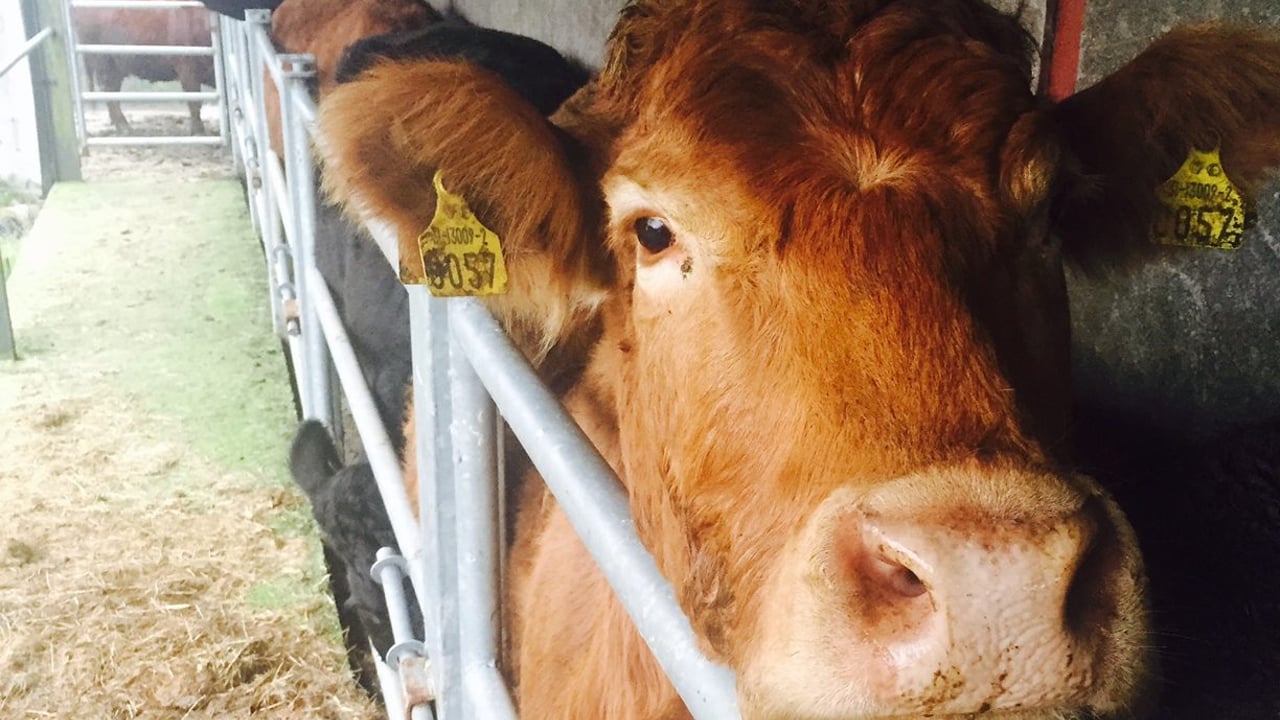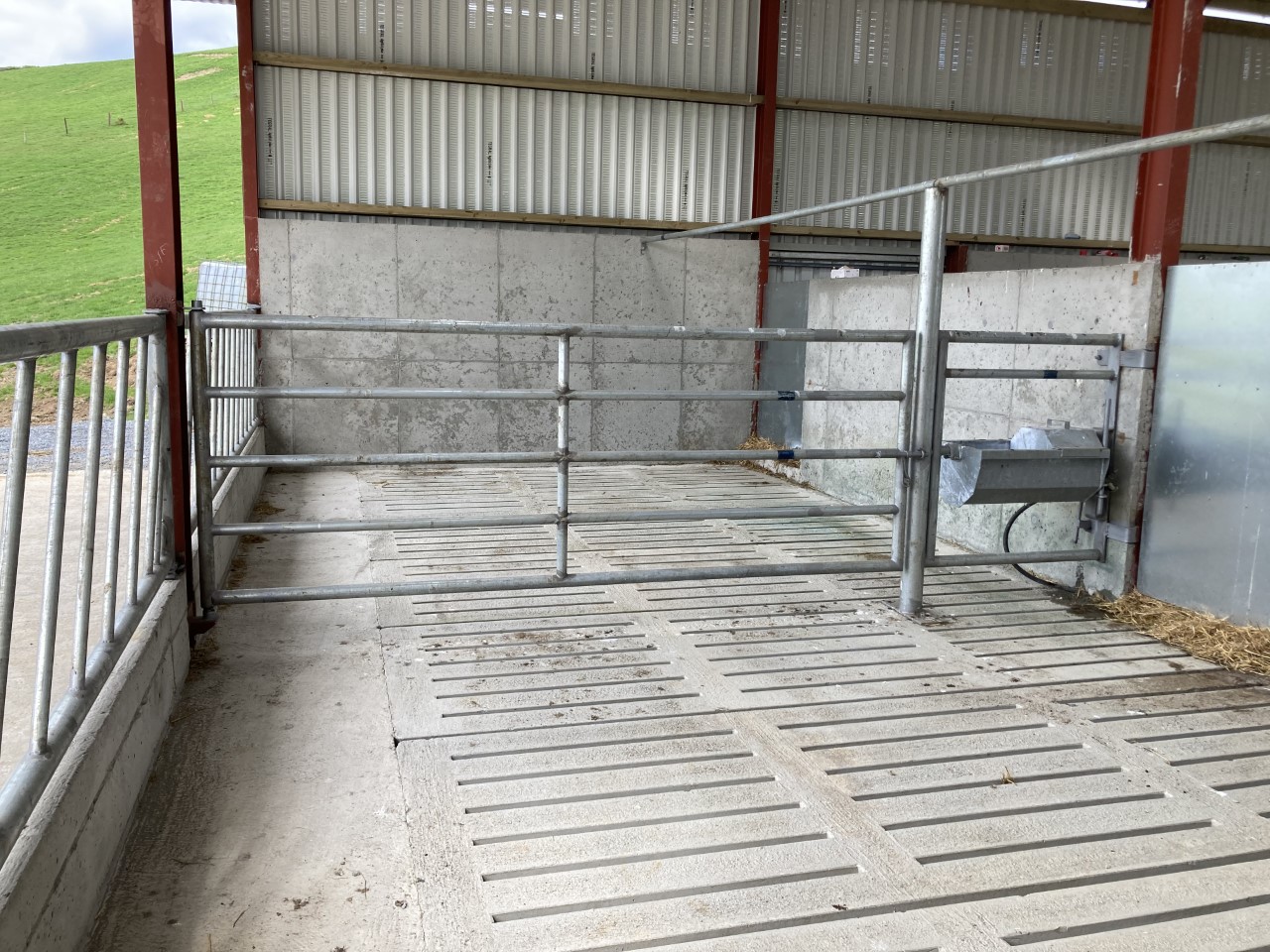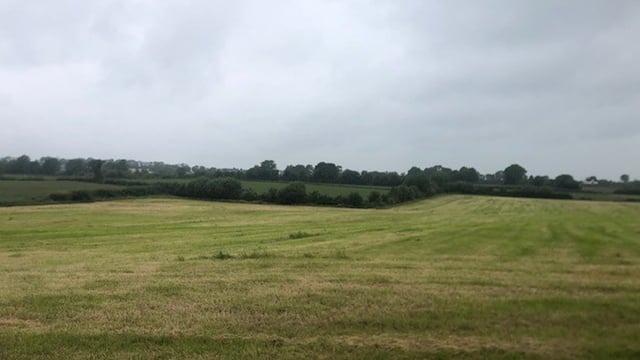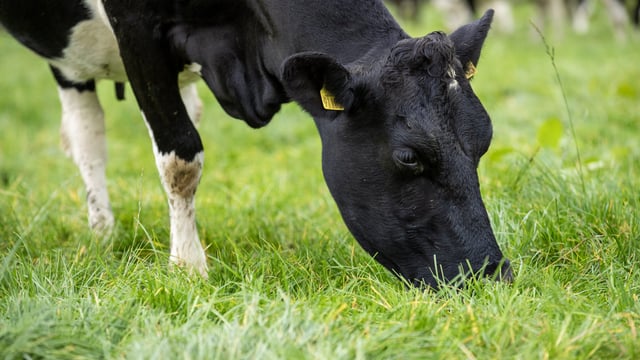What are the common scheme compliance issues for farmers?
The Agricultural Appeals Office (AAO) has outlined some of the common scheme compliance issues that faced farmers last year.
The office, which was established in 2002, provides an appeals service to applicants of schemes administered by the Department of Agriculture, Food and the Marine (DAFM).
According to the AAO annual report, farmers submitted 624 appeals in 2023, while the number of appeals closed during the year stood at 652.
Of the decided cases, 48% of appeals were allowed, partially allowed or revised by the department.
44% of appeals were disallowed and 8% were withdrawn, deemed invalid or were out of time.
The annual report details examples of "reoccurring compliance issues for farmers" across several areas.
The AAO listed the following "general issues" which were raised by department with farmers in 2023:
- Late tagging and/or registration of animals;
- Not ensuring animal movement compliance returns are made;
- Animal identification issues, including not keeping animals fully tagged;
- Not completing remedial animal identification and/or registration actions within
the period required by the department; - Not ensuring logon access to Ag Food is up to date, or ensuring sufficient
internet access exists to complete online registrations/applications with the department.
In suckler herds, the AAO highlighted that some farmers did not maintain or achieve sufficient animals which are genotyped 4 or 5 stars on the replacement index in each year of their programme contract.
For farmers in Areas of Natural Constraints (ANC) scheme, issues included applications not being made and minimum stocking density not being maintained.
In relation to Targeted Agricultural Modernisation Schemes (TAMS), the AAO said that "an applicant should only submit a payment claim after the actual payment is made".
The report added that applicants should also be aware post-dated cheques, after the date of a payment claim, are not considered eligible payment.
Under the Organic Farming Scheme (OFS), the AAO advised farmers that they are "fully responsible for maintaining their organic licence and status".
"The Appeals Officer has no statutory role regards the awarding or withdrawal of an organic licence.
"OFS participants must remain aware that withdrawal of the organic licence by the department or by the organic certifying body," it said.
In the event that a farmer allows their organic licence to lapse within the term of an OFS contract they will be removed from the scheme and all aid paid will be recouped by the department.
The AAO urged applicants to familiarise themselves fully with the terms, conditions and guidelines of schemes before submitting their claims.
"An Appeals Officer is required to adhere with the terms and conditions of a schemeand any relevant legislation in making a decision on an appeal.
"Where farmers are uncertain, they should consider engaging a professional advisor or other competent person to assist them in understanding the scheme rules and requirements," the annual report stated.
Appeals to the AAO must be made within three months of the date of notification of the department’s decision being appealed against.
When submitting an appeal, farmers must always use the notice of appeal form and include a copy of the department decision which is the subject of their appeal. The grounds of appeal must also be provided.
Farmers have the option of lodging an appeal using a hard copy or through a dedicated online portal.
The annual report also listed recommendations for the department including that the terms and conditions of schemes should be "unambiguous and have clear definitions and eligibility requirements".
In multi-annual schemes, the AAO said that DAFM should consider issuing bulletins to scheme participants as to what must be achieved in the year ahead.
The office said that penalty notifications and decision letters applying sanctions should clearlyidentify the scheme name, the terms and conditions and/or the specifications under which the penalty/sanction is applied.






